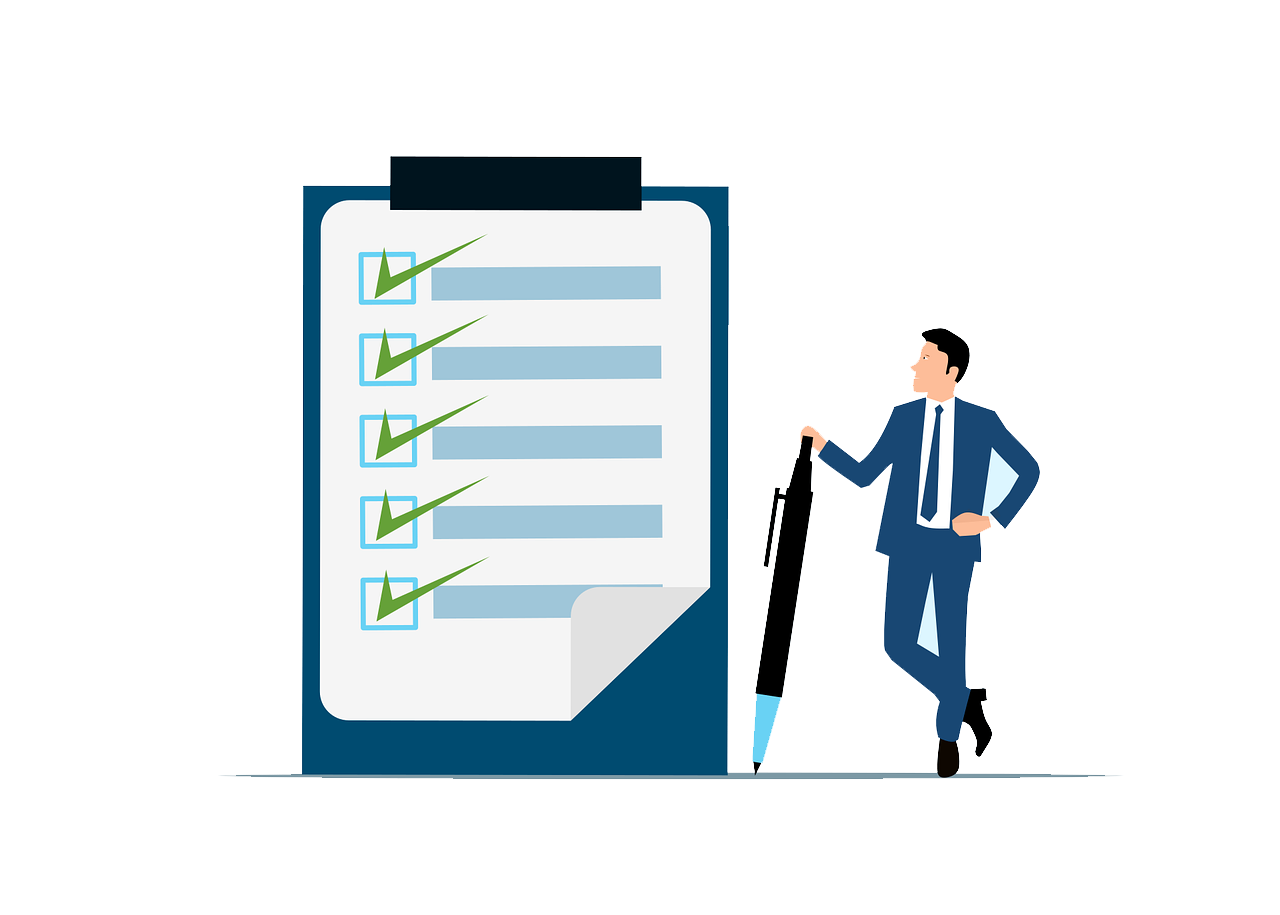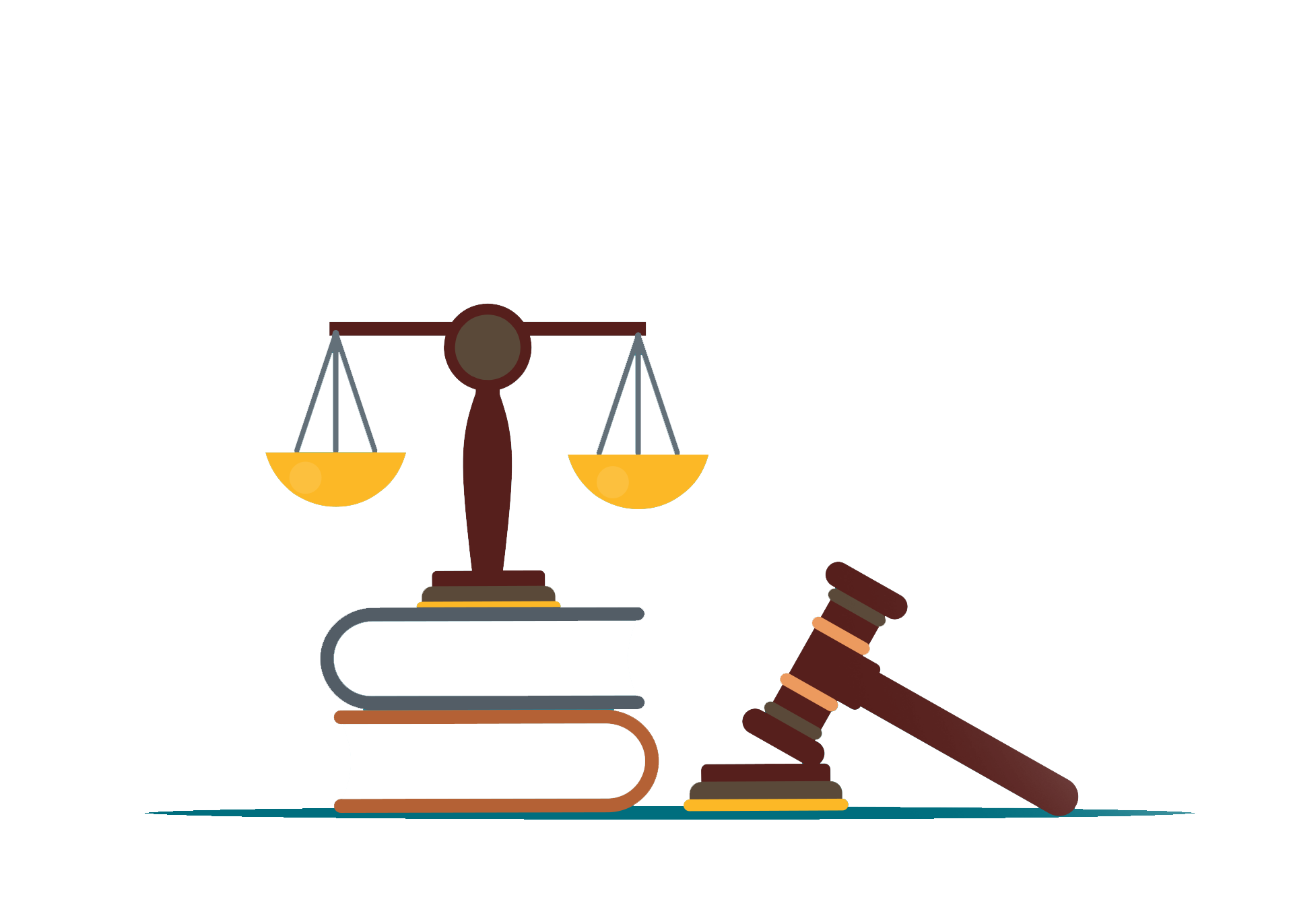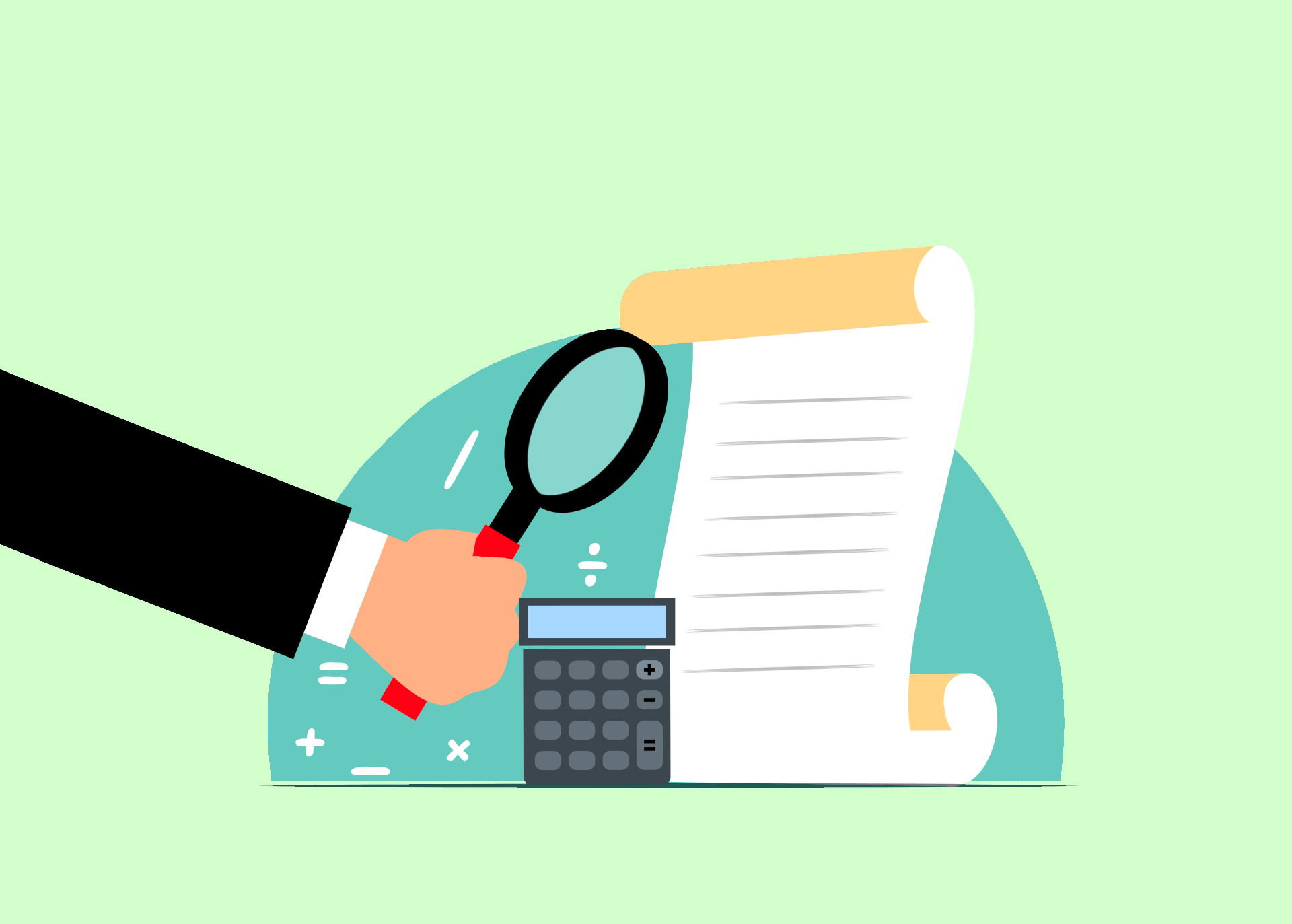Taxes for Self-Employed Individuals
What does it mean to be self-employed?
What does it mean to be self-employed?

All businesses register to BIR using Form 1901 and these businesses range from a one-person business to a corporation. Self-Employed individuals or independent contractors are considered one-person businesses who directly engage with clients or other businesses. Under this category, licensed and non-licensed professionals are one-person businesses who offer their services directly to their clients.

Believe it or not, ALL Filipino income earners are required to file and pay their taxes to BIR.
Basically, an individual is required to file their taxes and pay their dues if they have a job or receive an income from within or outside of the Philippines.
In any case, both are treated as a “business,” holding both categories accountable to file their tax returns regardless if they do not have tax dues or not actively earning. Freelancers fall under this policy.
Registering as a self-employed taxpayer is a required step in tax compliance. Becoming self-employed is a legal employment status where you must inform BIR that you are earning as a self-employed individual.

All Filipino income earners must file and pay their taxes accordingly. Failure to do so is a form of tax evasion, which is punishable by law.

Since all self-employed taxpayers are considered as a business regardless of the offered service, they must compute and declare their income tax directly to BIR every tax filing period. Such is the case with all businesses, which is why most have their own accountants to handle all the numbers while some take on the task of tax filing as business owners.
In other words, becoming a self-employed individual comes with the same tax obligations but with the filing process, you would not have to do otherwise if you were an employee.

The first step to being tax compliant is to register as Self-Employed.
To register with BIR as self-employed means that you are legally declaring what type of taxpayer you are based on your source of income.

Know how to register in two ways.
Next, understand how to file your taxes.
The information in this site for general guidance is not intended to replace or serve as a substitute for any audit, advisory, tax, legal, or other professional advice, consultation, or service. We strongly recommend that you consult an accountant before making any decision regarding your taxes. Remote Staff will not be responsible for your tax compliance as a result of the misuse or abuse of the content herein. You should not send any confidential information to Remote Staff until you have received agreement from the company to perform the services you request.